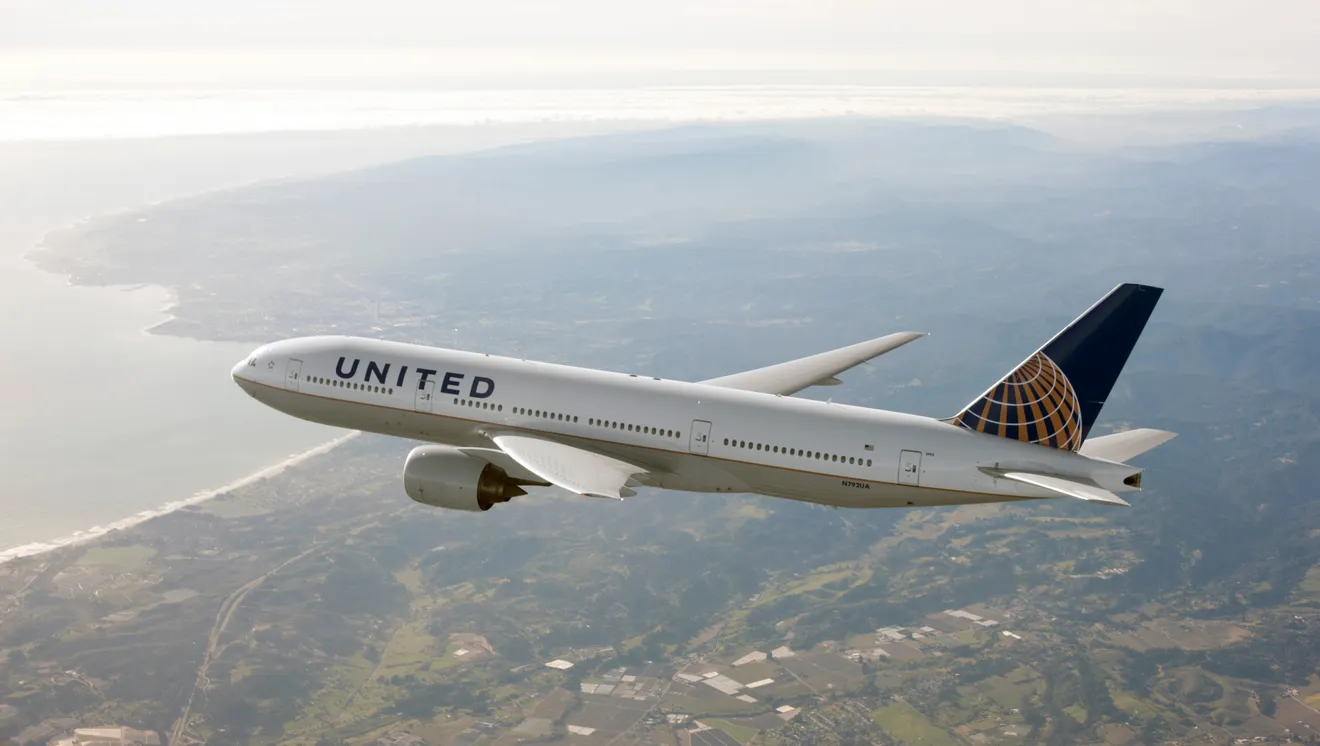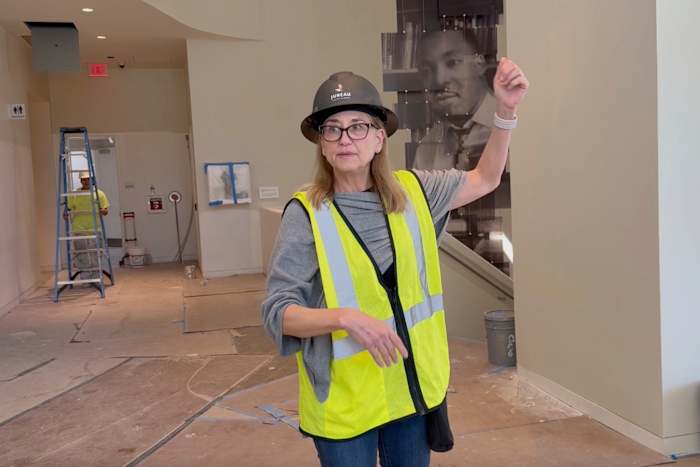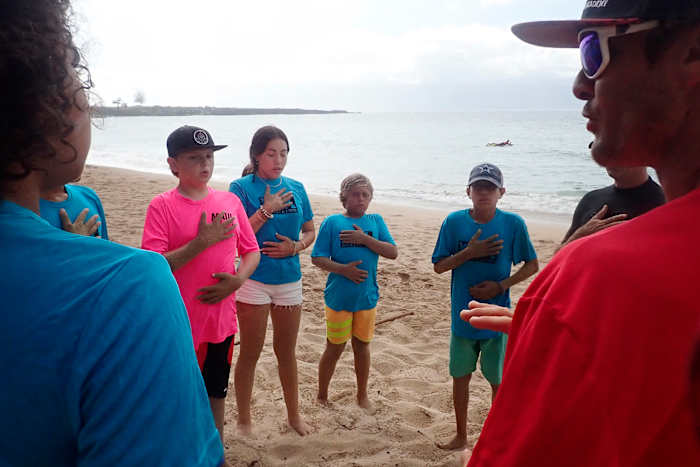Why Was the Delta Pilot Removed After Celebrating Charlie Kirk's Assassination?

Published: 2025-09-15 01:20:52 | Category: Trump GNEWS Search
This article examines the alarming trend of political violence and its manifestation within various American institutions, particularly in the aviation sector. The recent incident involving a United Airlines pilot celebrating the assassination of Charlie Kirk highlights the growing acceptance of extremist rhetoric, raising concerns about safety and accountability among those entrusted with public welfare.
Last updated: 26 October 2023 (BST)
Key Takeaways
- The incident involves a pilot making inflammatory remarks about Charlie Kirk.
- United Airlines has removed the pilot from service following public outcry.
- Transportation Secretary Sean Duffy has called for stricter consequences for such behaviour.
- This situation reflects a troubling acceptance of political violence within American institutions.
- The need for accountability among individuals in positions of power has never been more critical.
Overview of the Incident
The controversy erupted when Milo Yiannopoulos reported on social media posts made by Andrew Schweizer, a pilot affiliated with United and SkyWest Airlines. In these posts, Schweizer openly celebrated the assassination of Turning Point USA founder Charlie Kirk, using inflammatory language that has since elicited widespread condemnation.
Schweizer’s posts included statements such as, “the only good kind of Nazi is a dead Nazi,” which clearly highlighted his stance on political violence. He expressed no remorse for his comments and instead doubled down, indicating a troubling mindset that glorifies extreme measures against political opponents.
The Response from Authorities
In response to the uproar, United Airlines confirmed that Schweizer had been removed from service, a decision praised by Transportation Secretary Sean Duffy. Duffy's statement underscored the urgency for accountability, noting that individuals who celebrate political violence must face serious repercussions, especially when they hold positions that can affect public safety.
The Implications of Political Violence
This incident raises significant concerns about the implications of political violence in a democratic society. The glorification of violence against political figures not only threatens the individuals involved but also undermines broader societal norms that promote peaceful discourse and debate.
As political tensions rise in the United States, the potential for violence becomes more pronounced. The celebration of assassination, as seen in this case, highlights a dangerous trend that could normalise extreme behaviours and attitudes. This is particularly alarming in professions like aviation, where the safety of countless individuals depends on the professionalism and stability of those in charge.
Understanding the Context of Political Rhetoric
Political rhetoric has always had the potential to incite strong emotions. However, the shift towards openly endorsing violence against opponents signifies a deeper issue within the political landscape. The use of such divisive language can create an environment where extreme actions appear justified or even necessary.
Schweizer's comments reflect a broader societal trend where political affiliations can lead to dehumanisation, making it easier for individuals to rationalise violence. This phenomenon is not limited to aviation but extends across various sectors, including academia and entertainment, where similar sentiments have been echoed by public figures.
The Role of Social Media in Amplifying Extremism
Social media platforms have played a significant role in amplifying extremist views. The viral nature of posts can lead to rapid dissemination of harmful rhetoric, often without context or accountability. This is evident in Schweizer’s case, where his comments gained traction quickly and led to public outrage.
The speed at which information spreads on social media can make it challenging to address harmful statements effectively. This underscores the importance of media literacy and the need for individuals to critically evaluate the content they consume and share.
What Happens Next?
The fallout from this incident is likely to have lasting effects on discussions surrounding political violence and accountability. As public figures and institutions grapple with the implications of such rhetoric, there may be increased calls for clear guidelines and policies that address political speech, particularly in professional environments.
Furthermore, this incident may prompt airlines and other organisations to review their hiring and training practices. Ensuring that individuals in positions of power uphold standards of conduct that reflect societal values will be crucial in preventing similar situations from arising in the future.
The Broader Impact on Society
The glorification of violence against political figures can have far-reaching consequences. It not only threatens individual safety but also undermines the democratic process. When political discourse devolves into violence, it erodes the foundations of civil society, making it difficult to engage in constructive dialogue.
Moreover, the actions of one individual can fuel a broader narrative that legitimises violence as a means of political expression. This can create a vicious cycle where political violence becomes increasingly normalised, leading to further escalation of tensions and division within society.
Addressing the Culture of Violence
To combat the culture of violence that is creeping into political discourse, it is essential for leaders across all sectors to take a stand. This includes not only denouncing violent rhetoric but also promoting a culture of respect and understanding. Educational initiatives that focus on conflict resolution and civic engagement can play a vital role in fostering healthier political discourse.
Furthermore, institutions must implement policies that hold individuals accountable for their actions, particularly when those actions could jeopardise public safety. This includes rigorous training and oversight for professionals in high-stakes roles, such as pilots and public officials.
Conclusion
The incident involving Andrew Schweizer serves as a stark reminder of the dangers associated with political violence and the importance of accountability in public positions. As society grapples with these challenges, it is crucial to foster an environment that promotes civil discourse and condemns violence in all forms. The road ahead will require collective effort to address the underlying issues that contribute to the acceptance of such extremist views.
As we reflect on the impact of this incident, it raises an important question: How can we as a society work towards creating a political landscape where dialogue triumphs over violence? #PoliticalViolence #Accountability #CivilDiscourse
FAQs
What happened with the United Airlines pilot?
A United Airlines pilot named Andrew Schweizer was removed from service after making inflammatory comments celebrating the assassination of Charlie Kirk, which sparked public outrage.
What did the pilot say about Charlie Kirk?
Schweizer referred to Kirk as a “f***ing Nazi” and stated that the “only good kind of Nazi is a dead Nazi,” indicating his approval of violence against political figures.
What was the response from United Airlines?
United Airlines confirmed that Schweizer had been removed from service following the incident, responding to the growing public backlash against his comments.
Why is political violence a concern?
Political violence threatens public safety and undermines democratic processes, creating an environment where extreme measures are seen as acceptable responses to political disagreements.
What can be done to prevent political violence?
Preventing political violence requires promoting civil discourse, implementing accountability measures in professional settings, and encouraging educational initiatives that focus on conflict resolution.


